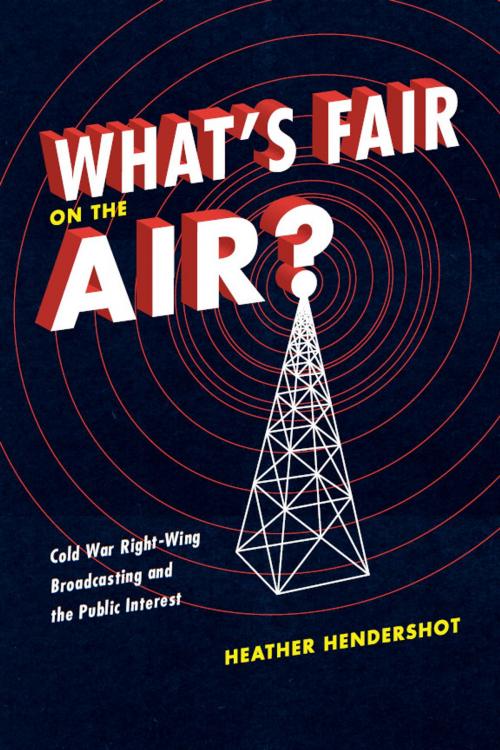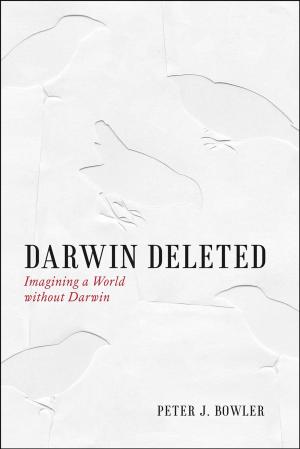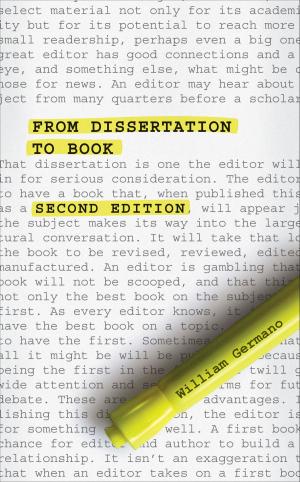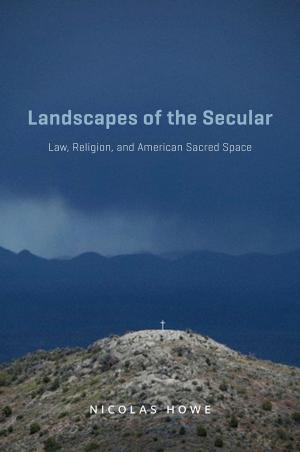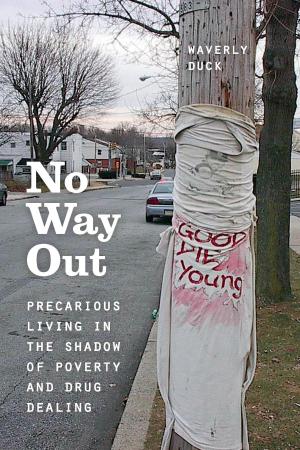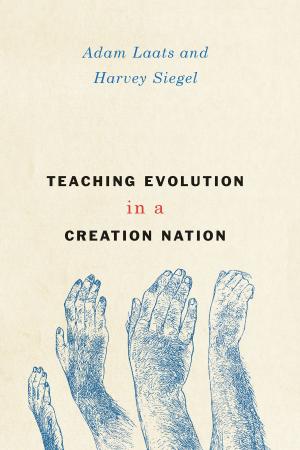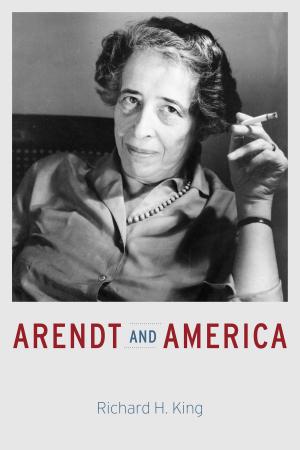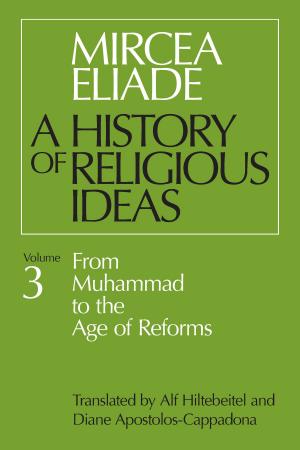What's Fair on the Air?
Cold War Right-Wing Broadcasting and the Public Interest
Nonfiction, Reference & Language, Language Arts, Communication, History, Americas, United States, 20th Century| Author: | Heather Hendershot | ISBN: | 9780226326764 |
| Publisher: | University of Chicago Press | Publication: | July 15, 2011 |
| Imprint: | University of Chicago Press | Language: | English |
| Author: | Heather Hendershot |
| ISBN: | 9780226326764 |
| Publisher: | University of Chicago Press |
| Publication: | July 15, 2011 |
| Imprint: | University of Chicago Press |
| Language: | English |
The rise of right-wing broadcasting during the Cold War has been mostly forgotten today. But in the 1950s and ’60s you could turn on your radio any time of the day and listen to diatribes against communism, civil rights, the United Nations, fluoridation, federal income tax, Social Security, or JFK, as well as hosannas praising Barry Goldwater and Jesus Christ. Half a century before the rise of Rush Limbaugh and Glenn Beck, these broadcasters bucked the FCC’s public interest mandate and created an alternate universe of right-wing political coverage, anticommunist sermons, and pro-business bluster.
A lively look back at this formative era, What’s Fair on the Air? charts the rise and fall of four of the most prominent right-wing broadcasters: H. L. Hunt, Dan Smoot, Carl McIntire, and Billy James Hargis. By the 1970s, all four had been hamstrung by the Internal Revenue Service, the FCC’s Fairness Doctrine, and the rise of a more effective conservative movement. But before losing their battle for the airwaves, Heather Hendershot reveals, they purveyed ideological notions that would eventually triumph, creating a potent brew of religion, politics, and dedication to free-market economics that paved the way for the rise of Ronald Reagan, the Moral Majority, Fox News, and the Tea Party.
The rise of right-wing broadcasting during the Cold War has been mostly forgotten today. But in the 1950s and ’60s you could turn on your radio any time of the day and listen to diatribes against communism, civil rights, the United Nations, fluoridation, federal income tax, Social Security, or JFK, as well as hosannas praising Barry Goldwater and Jesus Christ. Half a century before the rise of Rush Limbaugh and Glenn Beck, these broadcasters bucked the FCC’s public interest mandate and created an alternate universe of right-wing political coverage, anticommunist sermons, and pro-business bluster.
A lively look back at this formative era, What’s Fair on the Air? charts the rise and fall of four of the most prominent right-wing broadcasters: H. L. Hunt, Dan Smoot, Carl McIntire, and Billy James Hargis. By the 1970s, all four had been hamstrung by the Internal Revenue Service, the FCC’s Fairness Doctrine, and the rise of a more effective conservative movement. But before losing their battle for the airwaves, Heather Hendershot reveals, they purveyed ideological notions that would eventually triumph, creating a potent brew of religion, politics, and dedication to free-market economics that paved the way for the rise of Ronald Reagan, the Moral Majority, Fox News, and the Tea Party.
